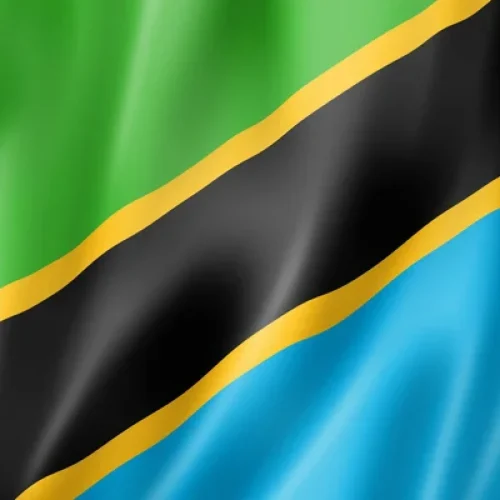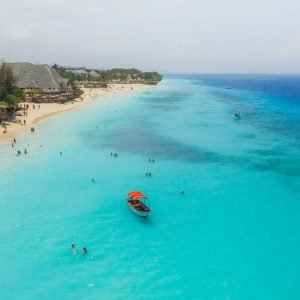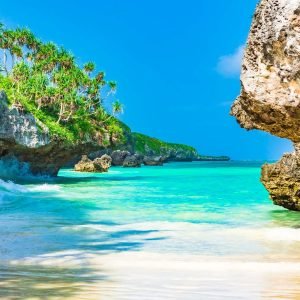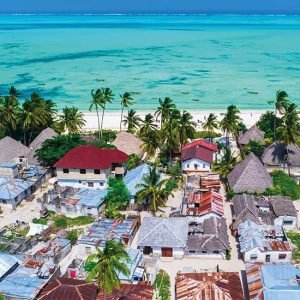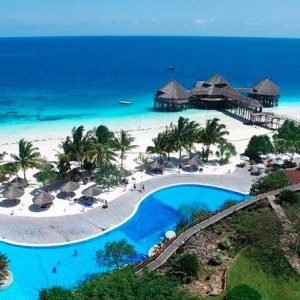Tanzania, with its capital Dar es Salaam, is a country located in the eastern part of Africa, bordering the Indian Ocean. With an area of some 945,087 square kilometers, it is the largest country in East Africa. Its borders include Kenya and Uganda to the north, Rwanda, Burundi and the Democratic Republic of Congo to the west, and Zambia, Malawi and Mozambique to the south.
Dar es Salaam, on Tanzania's east coast, is the country's largest city and main economic center. It has a major port, which is a major gateway for trade with other countries in the region.
Lanzania offers exceptional geographical diversity. In the north are the volcanic highlands, including Mount Kilimanjaro, Africa's highest peak. In the center of the country lie vast plains such as the Serengeti, renowned for their spectacular animal migrations.
Tanzania's Indian Ocean coastline is dotted with magnificent beaches, particularly on the Zanzibar archipelago and the islands of Pemba and Mafia. The coral reefs in these regions attract snorkellers and scuba divers from all over the world.
To the west, Tanzania is dominated by the vast Lake Victoria, the largest lake in Africa and the second largest freshwater lake in the world. Lakes Tanganyika, Nyasa and Rukwa are also present, offering picturesque lakeside landscapes and rich underwater biodiversity.
Tanzania is home to an incredible diversity of flora and fauna, particularly in its national parks and reserves, such as Serengeti National Park, Tarangire National Park and Ngorongoro National Park. These include lions, elephants, giraffes, zebras, hippos, crocodiles and a multitude of bird species.
In addition to its natural beauty, Tanzania is also rich in culture and tradition. The country is home to over 120 ethnic groups, each with its own language, customs and traditional dances.
Tanzania is therefore a geographically diverse destination, offering visitors breathtaking scenery, abundant wildlife and a fascinating culture to discover.

